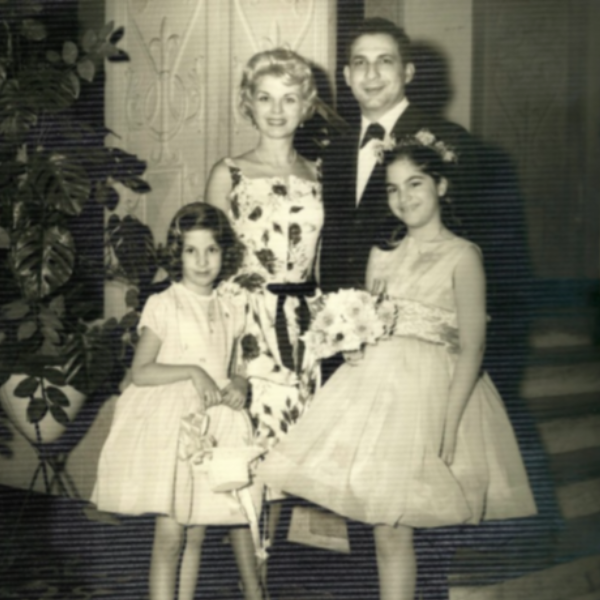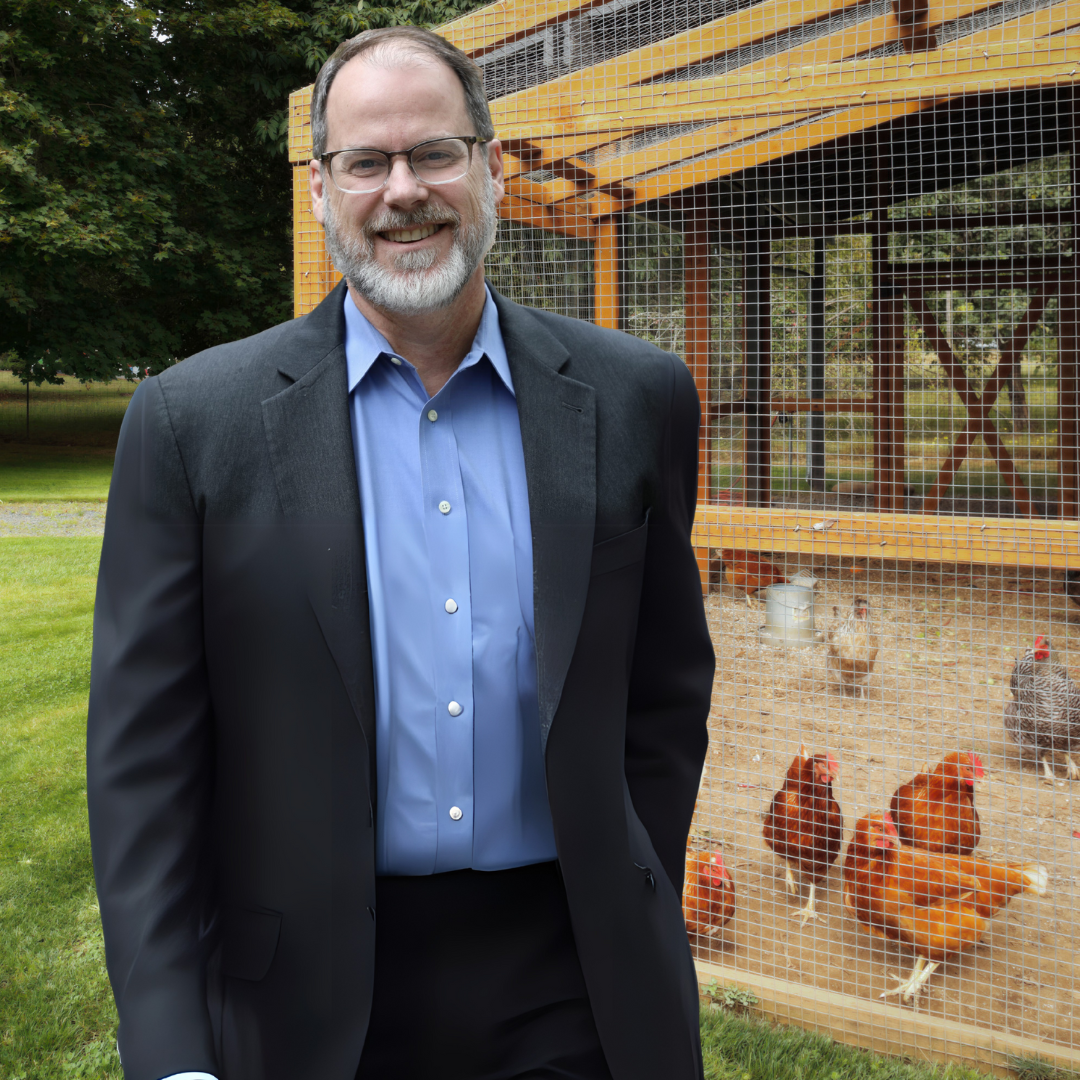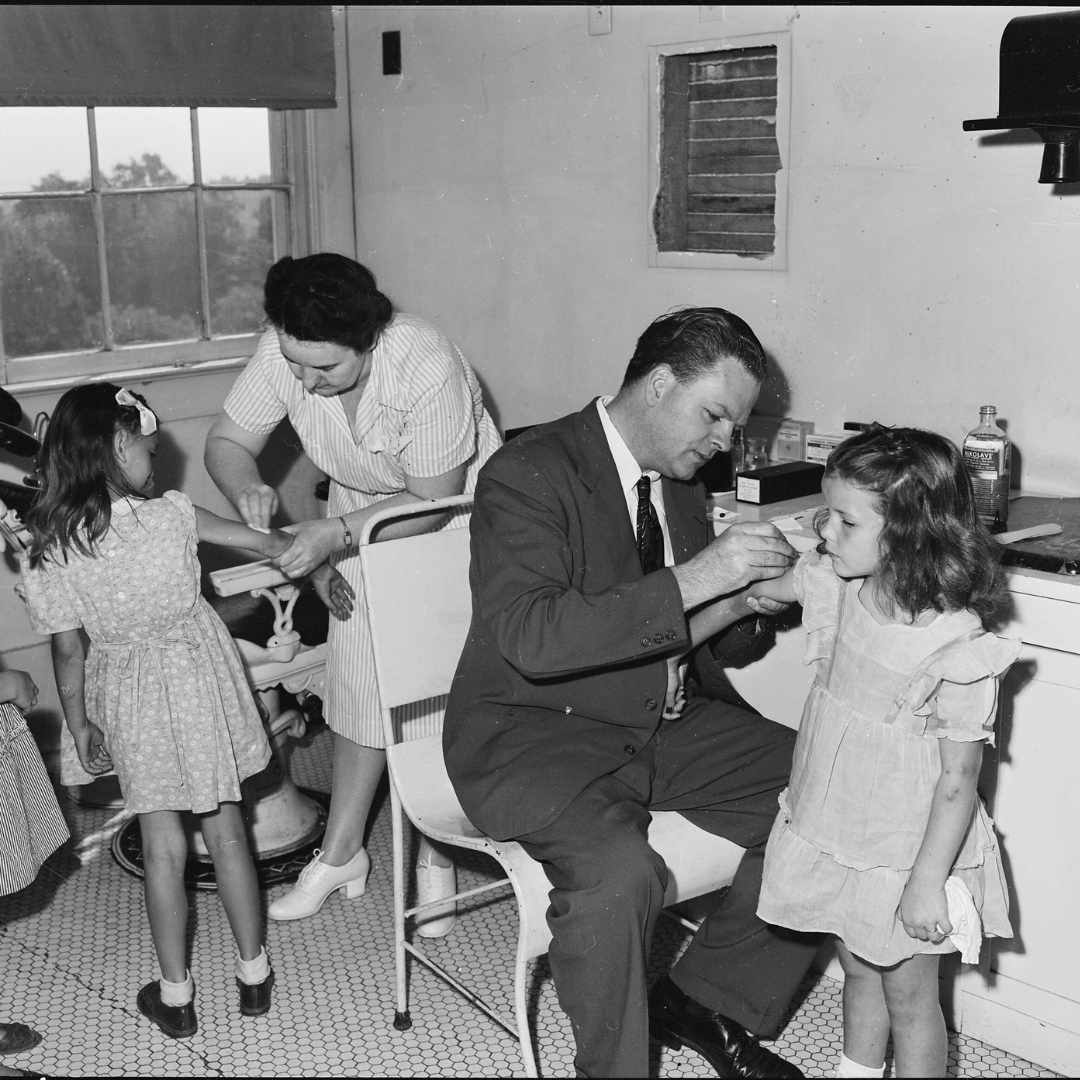The subject of vaccination is both a personal and a professional issue for me. After my daughter was born, there was never any question that we would vaccinate. Of course we worried about a rare adverse event, and seeing that sweet baby flesh poked by needles made us more upset than our daughter. As a physician, however, I understood the importance of vaccinations and the broader implications of public health and herd immunity.
 As an oncologist, I deal every day with cancer patients whose immune systems aren’t functioning properly, due either to the disease itself or from anti-cancer treatments. Even if these patients are properly vaccinated, their immune systems can’t mount an appropriate defense in response to an exposure.
As an oncologist, I deal every day with cancer patients whose immune systems aren’t functioning properly, due either to the disease itself or from anti-cancer treatments. Even if these patients are properly vaccinated, their immune systems can’t mount an appropriate defense in response to an exposure.
It is therefore so distressing to me that one of my patients had to spend ten hours in the Emergency Room receiving immunoglobulin after a researcher working in the Cancer Center in Pittsburgh was discovered to have measles. Not only were those ten hours taking away from much-needed treatment recovery, but an uncontrolled medical environment such as the ER is the last place we want our patients to spend time, since it provides another opportunity for exposure.
Admittedly, I don’t know the specifics of the researcher’s illness. Perhaps she was immunized but hadn’t had a second dose recently. Since the rash doesn’t always appear right away, she may have thought she had a harmless cold. What alarms me most about this case is the fact that I’ve heard a version of this story before – it’s just a different city and demographic.
We are seeing a trend in resurgence of preventable diseases – and much of this is due to lack of vaccination. Anti-vaxxers are no longer a fringe group living in isolation, and they use the Internet to propagate misinformation. They are my neighbors, my health care professionals – and, in some cases, my friends. My daughter goes to school and plays with unvaccinated children (and I must confess that this makes me uncomfortable – although I do welcome these children into my home since it’s not their fault the parents made a poor choice on their behalf.)
Another frustration is that these people believe their anti-vaccination stance is correct, and nothing seems to sway them. I’ve talked until I’m blue in the face – to no avail – about the dangers of not vaccinating. I can’t imagine the frustration the pediatricians must go through. That’s right – your pediatrician, the one that went to 4 years of medical school, years of residency and fellowship, and has probably worked in underdeveloped areas and seen the effects of preventable diseases.
I do hope cases like the one here in Pittsburgh will serve as a wake-up call to the importance of preventing disease. If you are an anti-vaccine or vaccine-hesitant parent who has stumbled upon this blog, or if you’re someone who is on the fence about vaccinations, I urge you: inform yourself using reliable medical sources. Find doctors you trust and work with them to protect you and your family’s health. Because when you make the decision not to vaccinate, you aren’t just endangering yourself – you’re endangering my family, my patients, and my community.
And yours, too.
Marsha Haley, MD, is an Assistant Professor of Radiation Oncology at the University of Pittsburgh Medical Center. She received her medical degree from the University of Virginia School of Medicine, and completed a residency in radiation oncology at the University of Pittsburgh School of Medicine.



